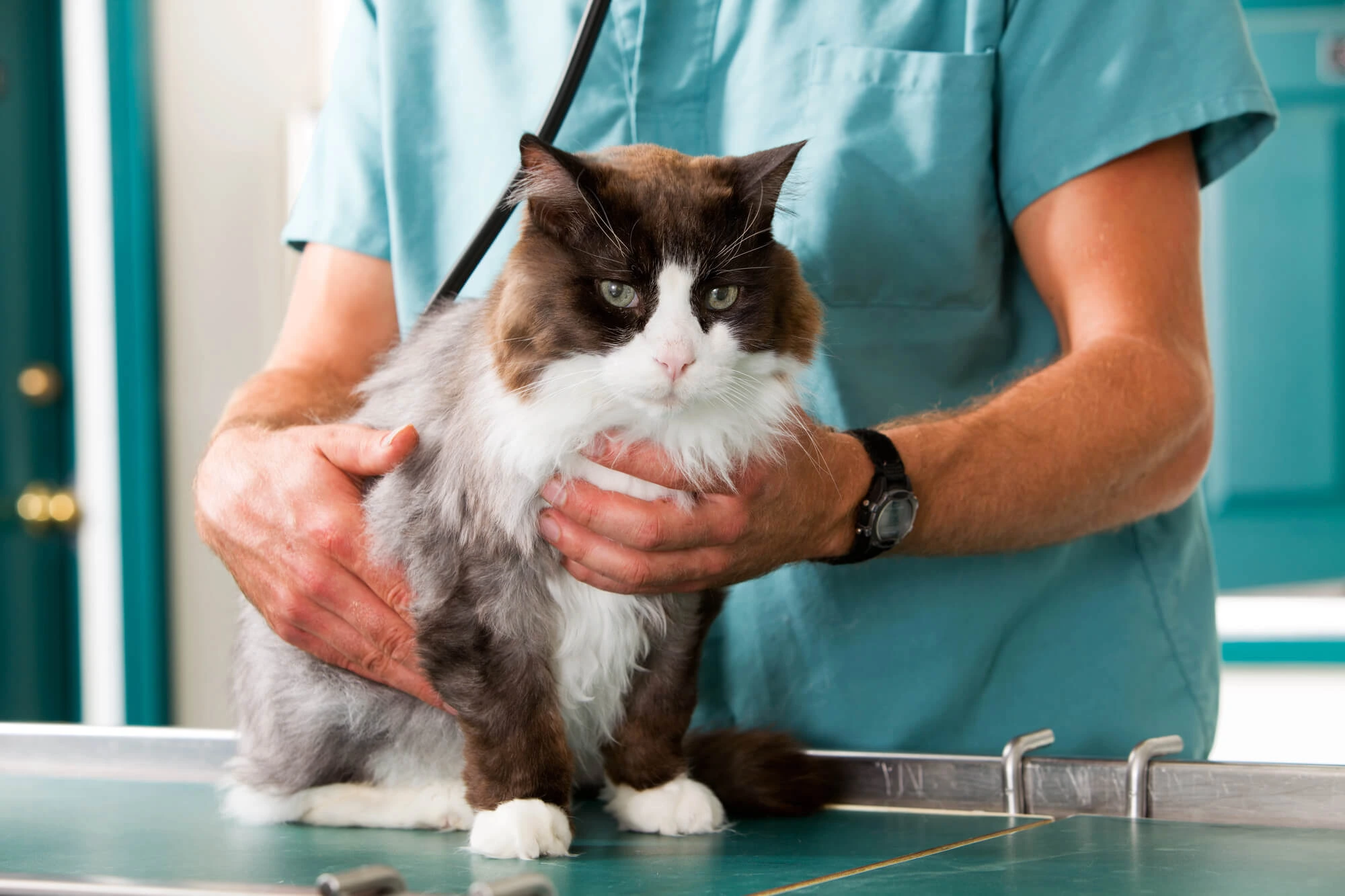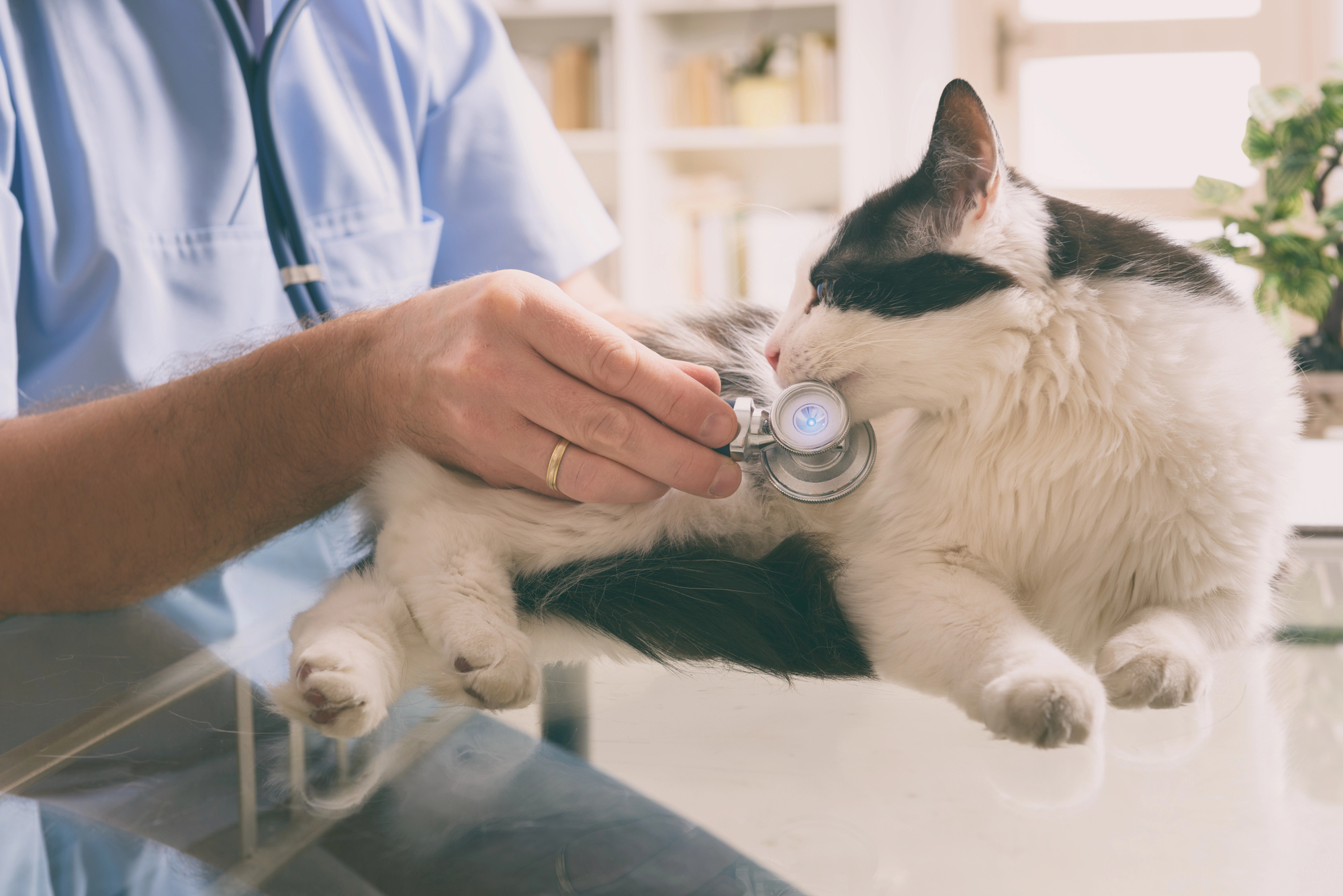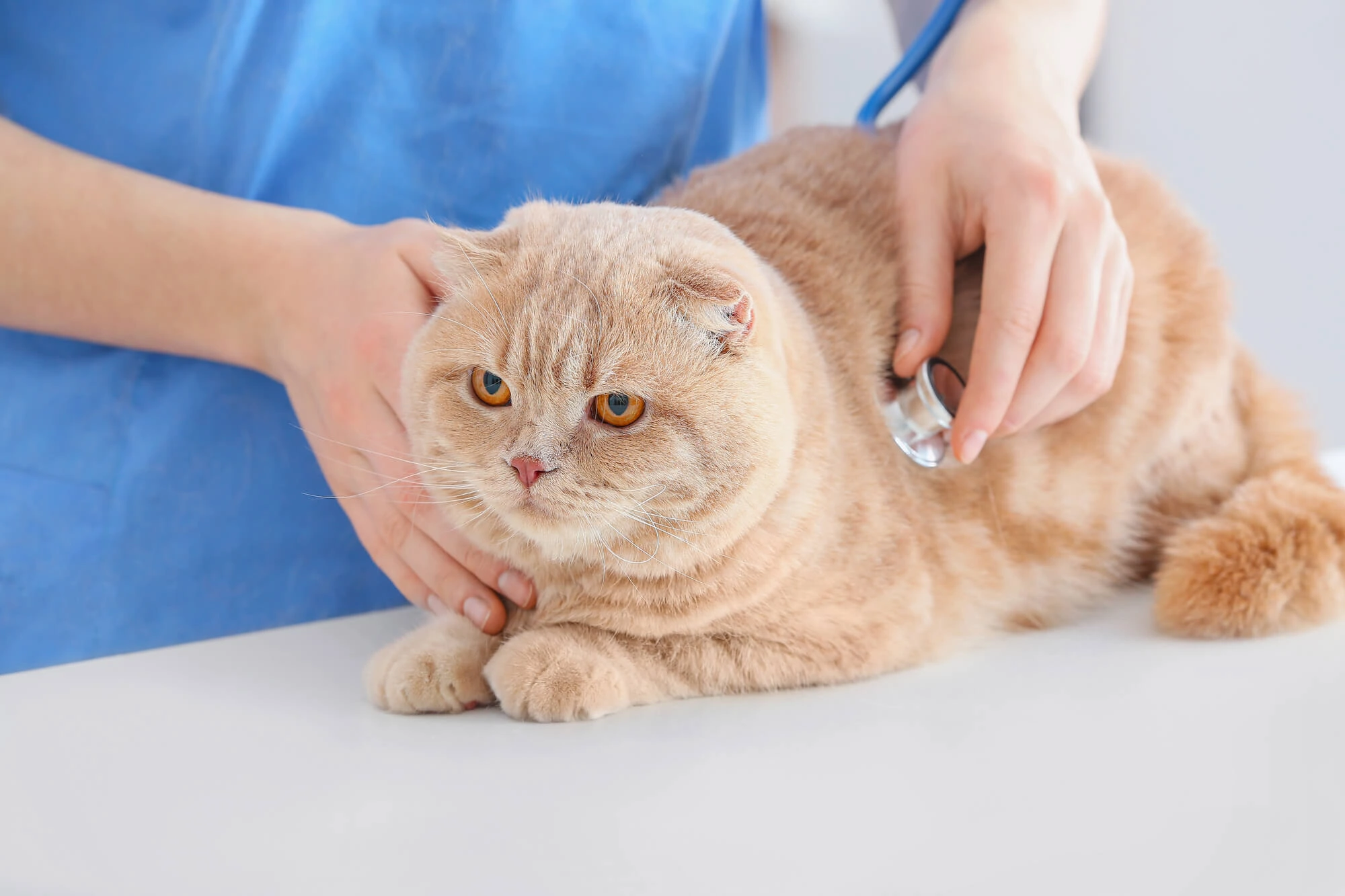Spotting Heat Stress Symptoms in Windermere Pets

Spotting Heat Stress Symptoms in Windermere Pets
As the September sun shines bright over Windermere, Florida, pet owners face unique challenges in keeping their dogs and cats safe from the dangers of heat stress. The combination of high temperatures and humidity can quickly put pets at risk, sometimes before symptoms are obvious. At Golden Heart Veterinary Care, our team of veterinarians understands how concerning it can be to see your pet panting, sluggish, or seeking shade during these sweltering days. Recognizing the early signs of heat stress in pets is essential for prevention, timely intervention, and peace of mind.
This blog will guide you through the most common signs of pet overheating, explore why heat stress happens in our local climate, and offer actionable steps to protect your furry family members. You’ll also learn when professional help is vital, and how our veterinary team at 13205 Reams Rd, Suite 172, Windermere, FL 34786 can help through comprehensive pet diagnostics in Windermere. Whether you are new to the area or searching for a "vet near me" who truly cares, our clinic is dedicated to providing the information and support you need. If you are concerned about your pet’s well-being, our wellness examination and urgent care services are here for you.
Recognizing the Signs of Heat Stress in Pets
When the mercury climbs, pets can be especially vulnerable to overheating due to their limited ability to regulate body temperature. Key symptoms of heat stress in pets include excessive panting, drooling, and restlessness. You may observe rapid breathing that does not resolve with rest, bright red gums, or visible discomfort. Other signs of pet overheating are lethargy, weakness, vomiting, and in severe cases, collapse or seizures. Some cats may hide or become unusually vocal, while dogs may seek out cool surfaces or water obsessively.
It’s important to remember that the appearance of these symptoms can vary depending on the breed, age, and underlying health of your pet. Flat-faced breeds such as Bulldogs, Pugs, and Persians, as well as older animals or those with chronic conditions, may show signs of heat stress earlier or more severely. If you notice any of these signs in your pet, prompt action is crucial to prevent escalation.
Why Does Heat Stress Occur in Windermere’s Climate?
Florida’s climate, especially in Windermere and surrounding communities, is characterized by high humidity and persistent heat, particularly in late summer and early fall. Unlike humans, pets do not sweat efficiently; instead, they rely on panting and minimal sweating through their paw pads to cool off. This natural cooling system is easily overwhelmed when the air is thick with humidity or when pets are exposed to direct sun for extended periods.
Additional factors contributing to heat stress in pets include lack of shade, poor ventilation, excessive exercise during peak heat, and being left in parked vehicles—even for a few minutes. Surfaces like asphalt and concrete heat up quickly, increasing the risk of overheating and even paw pad burns. Homes and yards without enough cool, shaded areas can intensify these risks, especially for indoor pets who are not acclimated to outdoor temperatures.
Veterinary Treatment and Management of Heat Stress
If your pet is showing any signs of heat stress in Windermere, immediate action can make a critical difference. Mild cases may resolve with supportive home care, but more serious symptoms require prompt veterinary attention. When you bring your pet to Golden Heart Veterinary Care, our team of veterinarians will conduct a thorough evaluation. This typically involves checking your pet’s temperature, heart rate, and hydration status, as well as assessing for complications such as heatstroke or organ dysfunction.
Treatment approaches for moderate to severe heat stress often include intravenous fluids to combat dehydration, oxygen therapy, and careful cooling measures. Our advanced diagnostic tools, such as pet diagnostic lab services, allow us to monitor organ function and rule out other medical conditions. In some cases, pets may need to stay in the hospital for observation and supportive care until they are stable.
It is important to never use ice-cold water or ice packs directly on your pet, as rapid cooling can cause additional complications. Instead, our veterinary team uses controlled methods to gradually reduce body temperature, ensuring your pet’s safety and comfort throughout the process.
Home Care and Prevention: Keeping Your Pet Safe
Prevention is always better than cure, especially when it comes to heat stress in pets. Steps to protect your pets in Windermere include providing constant access to fresh, cool water, ensuring shaded areas are available both indoors and outdoors, and limiting exercise to the cooler parts of the day. On especially hot days, keep walks brief and avoid pavement that can burn delicate paws. For cats, make sure windows are screened and cool resting spots are available. Never leave your pet unattended in a car, as temperatures can become life-threatening within minutes, even with windows cracked.
If your pet has a history of respiratory issues, heart problems, or is a brachycephalic breed, consider discussing additional preventive care strategies with our veterinary professionals. We can help you tailor a plan to your individual pet’s needs, from wellness examinations to lifestyle recommendations that minimize risk.
In addition, regular vaccination services can help ensure your pet is protected against common illnesses that might exacerbate heat-related conditions. Staying on top of routine care enhances your pet’s ability to cope with environmental stressors.
When to Seek Veterinary Care for Heat Stress
Knowing when to seek professional help can save your pet’s life. You should contact a veterinarian immediately if your pet is unable to stand, has difficulty breathing, is unresponsive, or is experiencing seizures. Other red flags include persistent vomiting, diarrhea, dark red or pale gums, or a body temperature above 104°F (measured rectally). Even if symptoms seem to improve, underlying organ damage can still occur, making a veterinary assessment essential.
Pet owners in Windermere and surrounding communities should always have the contact information for a trusted veterinary clinic on hand. If you notice any signs of pet overheating, do not wait; schedule an appointment with our veterinary team as soon as possible. Our team is equipped to provide emergency care and advanced diagnostics, ensuring your pet receives timely and comprehensive treatment. For less urgent concerns, our wellness examination services offer an excellent opportunity to discuss preventive strategies, especially during the warmer months.
Protect Your Pet with Trusted Veterinary Care in Windermere
Heat stress in pets is a serious concern for families in Windermere, but with the right knowledge and proactive care, you can keep your dog or cat safe all year round. Watch for early signs of pet overheating, take preventive steps during Florida’s hottest months, and remember that prompt veterinary attention is key if your pet shows any concerning symptoms.
If you are searching for a "vet near me" who understands the unique needs of pets in our climate, Golden Heart Veterinary Care is here to help. Our compassionate veterinary professionals are committed to providing quality veterinary services in Windermere and surrounding communities every step of the way. We encourage you to schedule an appointment for a wellness examination, or reach out with any questions about your pet’s health and safety. For those interested in comprehensive pet diagnostics in Windermere, our state-of-the-art facility at 13205 Reams Rd, Suite 172, Windermere, FL 34786 is ready to serve your needs.
Your pet’s comfort and wellbeing matter to us. Contact Golden Heart Veterinary Care at (407) 392-1888 to schedule an appointment or for further advice on keeping your pet safe from heat stress in Windermere.
For more information on heat stress and pet safety, consult resources from the American Veterinary Medical Association or speak directly with our veterinary team. This blog is intended for informational purposes only and does not replace professional veterinary care. Always consult your veterinarian for specific health concerns.






















